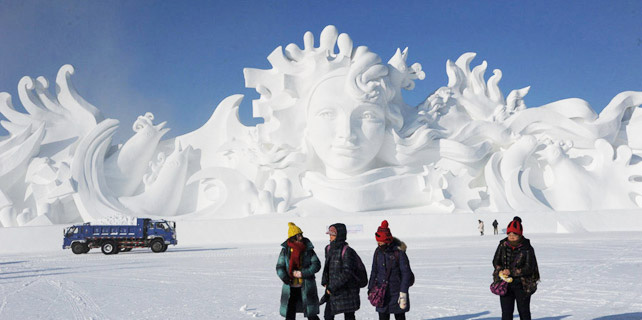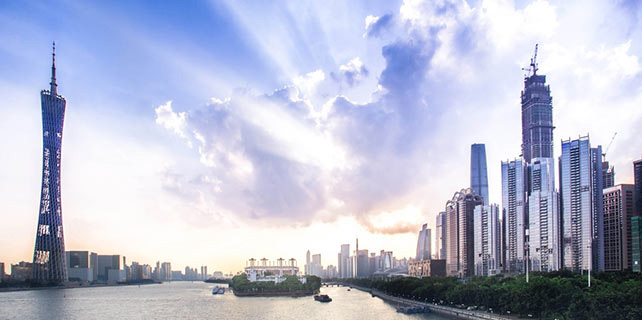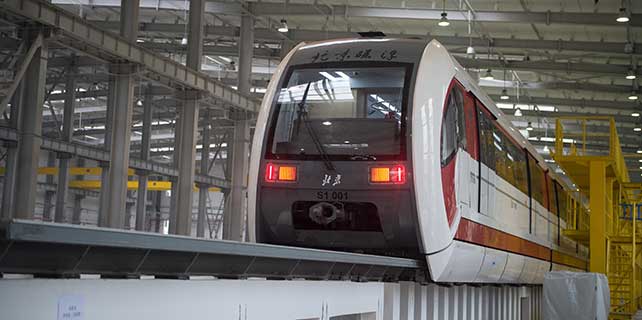Yearender: Multiple crises-ridden West faces uncertainties
Common sense and historical experience have demonstrated that excessive democracy will inevitably kill the democracy itself, he concluded, saying that the Western society has began to reflect on the democratic institutions and tried to seek an alternative effective governance model, however, there is no existed model can be copied.
According to a poll launched November by Ipsos/Sopra Steria in France, 57 percent of persons interrogated think democracy system runs "badly" in the country, and 77 percent think democracy works "worse and worse," 14 points higher than two years ago.
About one third of French respondents think other political systems can be as good as the democracy, two points higher than two years ago, according to the poll.
Wu Bingbing, honorary research fellow at the Institute of International and Strategic Studies at Peking University, elaborated that European countries in need of labor force preferred to absorb foreign immigrants from countries a little way off in North Africa, Middle East and East Asia, but refused and tried to strip their original culture and religion.
Such move over the past years has created some sorts of racial resentment, caused social division and sowed seeds of unrest, violence and terrorism, which has shocked the whole Europe with a series of brutal attacks, he said.
INEVITABLE RESULTS
History consists of contingencies as well as inevitabilities. The current situation facing the West is sort of historical inevitability and a result accumulated gradually with radical changes in economy, politics and society.
Zheng Yongnian, professor and director of East Asian Institute at National University of Singapore, said capitalism has entered an adjustment phase after reaching its peak in 1800s.
Trump's election, Brexit and right-wing's popular support in Europe, all reflection of populism, can be considered as a response to capitalism in due time as the socialist movement did in the beginning of the 1900s, he said.
Zhang Yansheng, head researcher of the China Center for International Economic Exchanges, said such "black swan events" seem surprising, but actually "normal and rational," as "many people around the world thought opening up has harmed their interests, therefore, they want to reflect on the globalization, opening up and European integration."
During the globalization process, inequality has been exacerbated while innovation has been forgotten, resulting in unbalanced distribution between financial oligarchy and ordinary people, and bubbles in finance and real estate.
In the rising of populism in the West, pundits believed that globalization, industrialization and informatization, particularly social media, a revolutionary phenomenon, have played key roles.
O'Neill said, modern media, particularly social media, is a new phenomena to people's lives and has played a role in those "black swan events."
Blair said social media changes the way politics work and the way media works. "It (social media) locks people into conversations with people who just agree with them, who then have a conspiracy theory view of the rest of the world. This is all over the Western world right now."
As Blair, O'Neill also saw problematic issues in social media, explaining that "seven billion people getting access to the internet is a brilliant thing but them getting influenced by non-factual based aspects of that media."
Zheng Yongnian attributed "Trump phenomena" to a social media phenomena featured dispersibility and individuality, saying without social media there will be no such a social movement.






















